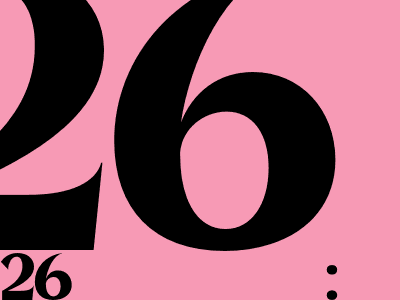
Russian Traditions and Superstitions for October 26
Overview
In Russian culture, October 26 marks a significant date with an array of traditional beliefs and superstitions. Known as the Day of Eulampia, this day is steeped in customs and observances that have been passed down through generations.
Honoring Saint Eulampia
The Day of Eulampia commemorates Saint Eulampia of Nicomedia, a Christian virgin and martyr who lived in the 3rd century AD. According to legend, she possessed extraordinary beauty and was sought after by a wealthy pagan official named Bithynius. However, Eulampia rejected his advances, which angered Bithynius and led to her persecution.
Eulampia's unwavering faith and resistance earned her sainthood, and she is revered by many Russian Orthodox Christians. On October 26, churches hold special services and prayers in her honor, and believers often light candles and offer prayers to Saint Eulampia.
Traditions and Superstitions
The Day of Eulampia is associated with numerous traditions and superstitions. Some of the most common include:
- Planting Garlic: It is believed that garlic planted on October 26 will have exceptional strength and yield a bountiful harvest.
- Avoiding Certain Activities: Superstition dictates that certain activities should be avoided on this day, including washing clothes, spinning yarn, or cutting hair.
- Baked Goods: Baking bread or pies on October 26 is considered a good omen, symbolizing prosperity and abundance.
- Weather Predictions: The weather on October 26 is believed to foreshadow the upcoming winter weather. For example, a clear and sunny day is said to indicate a mild winter.
Folk Beliefs
Alongside traditions and superstitions, the Day of Eulampia is also associated with various folk beliefs. For instance, it is said that:
- Healing Powers: dew collected on this day is believed to possess healing properties and can be used to treat ailments.
- Animal Encounters: Encountering a black cat on October 26 is considered a bad omen, while meeting a white cat is considered good luck.
- Domestic Spirits: Superstition holds that on the Day of Eulampia, domestic spirits known as "domovoi" become more active and should be appeased with offerings of food or drink.
While these beliefs and superstitions may not be scientifically based, they continue to be an integral part of Russian culture and add a touch of mystery and tradition to the Day of Eulampia.
Conclusion
The Day of Eulampia holds a special place in Russian culture, with a rich tapestry of traditions, superstitions, and folk beliefs. This day is observed with a mix of reverence, anticipation, and superstition, offering a glimpse into the unique and fascinating heritage of Russia.